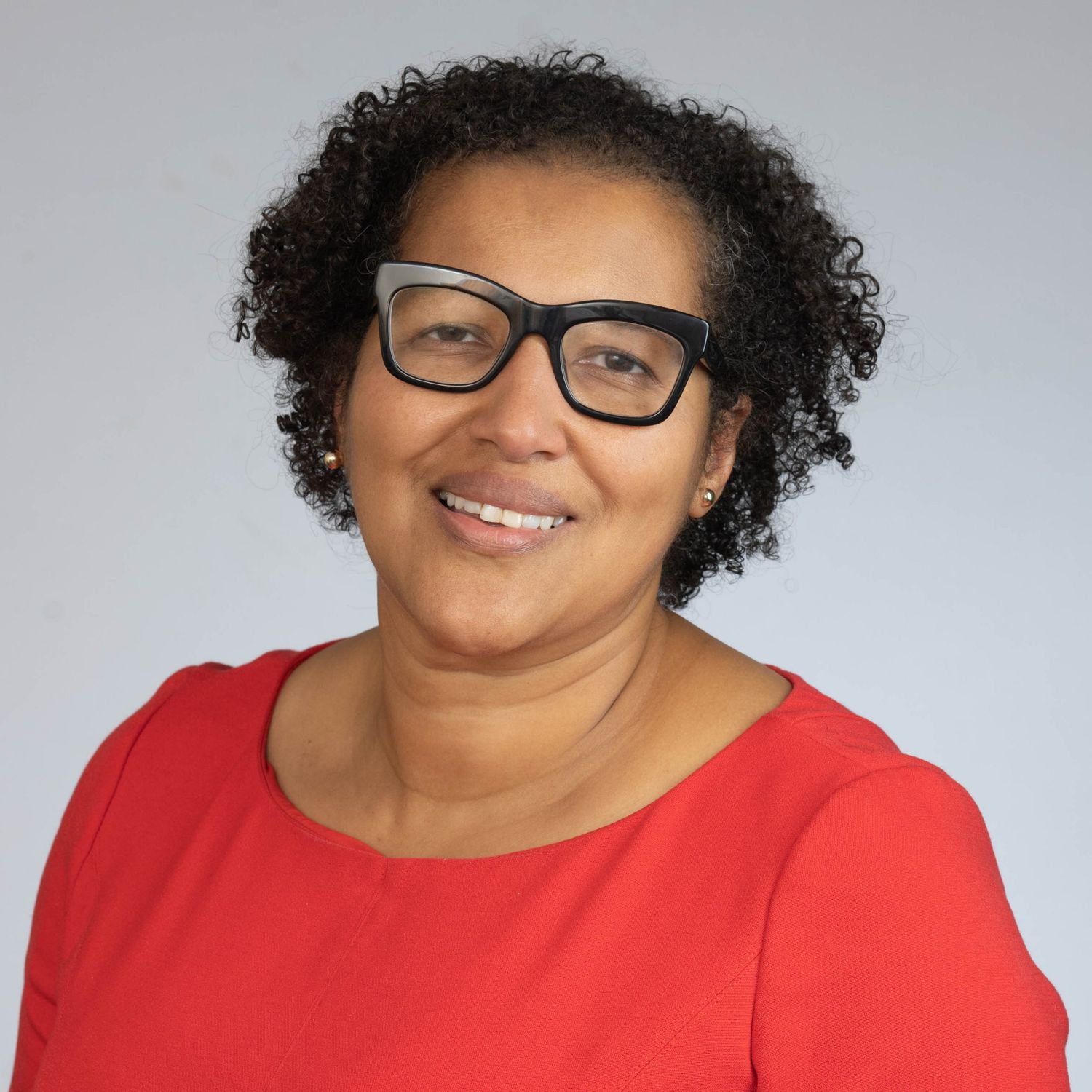Advocating for Equity in Healthcare

Advocating for Equity in Healthcare
Maria Teresa Coutinho explores ways to address healthcare inequities for children of color

Although healthcare is often viewed as separate from race, ethnicity, and social equality, for Maria Teresa Coutinho, a professor of counseling psychology at BU Wheelock, they are inextricably linked. Coutinho, who studies how race, health, and psychology overlap, focuses her research on the ways psychology can address the inequities in healthcare for children of color.
Coutinho works with families from diverse racial and cultural backgrounds to understand racial inequity in asthma treatment, identification, and support, especially for Black and Latinx children. We asked her about her work—and why it’s crucial for medical providers to understand the relationship between race, ethnicity, and healthcare outcomes.
Q&A
Question: Your research explores racial equity in healthcare. What are you currently focused on?
Coutinho: My research supports families of color, adolescents, and caregivers in being more engaged with their asthma management and to feel that they’re partners with their physicians. A lot of the work I do is focused on pediatric asthma disparities. I’m interested in what doctors can do to support adolescents and parents to be more engaged.
One of my projects focuses on the transition to adult healthcare for adolescents diagnosed with asthma, which is a collaboration with colleagues at Hasbro Children’s Hospital in Providence, Rhode Island, and the University of Puerto Rico. This study is funded by the National Institutes of Health. Specifically, we’re studying how high school students with asthma work with their caregivers and healthcare providers to manage their care.
For adolescents and young adults with chronic conditions like asthma, this is an important period where without proper support they experience difficulty managing the illness. This is even more difficult for adolescents of color, who may experience inequities in care.
Question: Tell us more about the racial disparities faced by children and youth with asthma. What impact does this have on their families?
Coutinho: There are many inequities related to asthma. For example, Black and Puerto Rican children have higher prevalence rates. Children and adolescents of color are also more likely to use the emergency department for care.
My clinical work as a psychologist has always focused on children of color in urban settings. I often work with families experiencing multiple stressors, including parents whose children have chronic illnesses. As a Black psychologist, I know it’s especially important for me to contribute to improving the lives of children of color with asthma and their families. I don’t have asthma myself, but I have other experiences, even with my own parents. There are assumptions made about my appearance or the fact that my parents don’t speak English very well. A lot of people of color don’t feel comfortable talking to doctors, and I hear that from the families I work with.
Question: What ways have you found to address racial inequality in asthma care for children and youth?
Coutinho: Some of my work involves community health workers, who are healthcare providers who know about different conditions. They’re not physicians, so they’re not prescribing medication, but they can still support families and help them make decisions. These families feel more comfortable talking to community health workers about their needs, for example, if they have questions about the medications their child is prescribed or about what they can do to make their home more asthma friendly. You don’t need to be a doctor to help families with those concerns.
Question: What changes do you see are needed in the healthcare system?
Coutinho: Healthcare is a right and that we should all have access to good healthcare. Some of that involves having healthcare consumers who are educated, engaged, and able to ask for what they need. That’s what I’m trying to understand when I work with families—I want to know how we can have a healthcare system that’s responsive to the needs of its constituents.
We need a system of care that’s more responsive to people’s needs, not just relying on physicians. There are more ways we can support better health outcomes rather than just relying on the disease model. That means being open to thinking differently about health and wellness and focusing on families’ and children’s experiences.